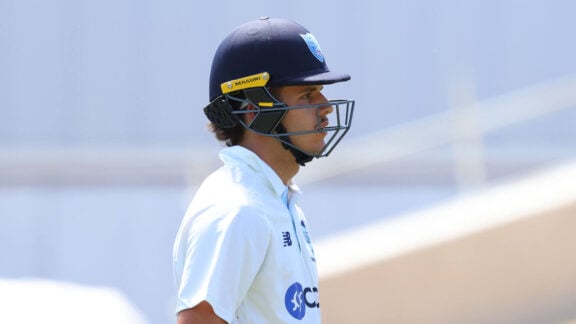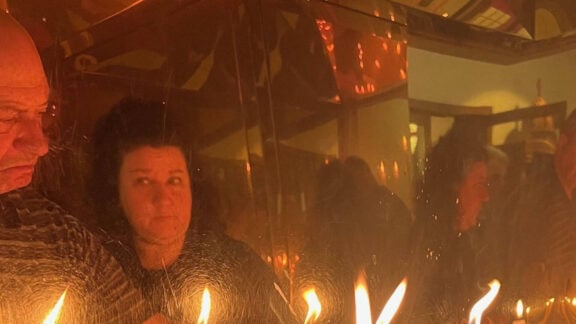For people aged 60 years or over, decreasing night vision is often a sign of cataracts, a common disease, especially amongst people living in Australia.
“This may also indicate that there is an underlying medical issue with no obvious symptoms,” says Melbourne eye specialist Dr Alex Ioannidis.
The lens of the eye is made of proteins that crystallise to form a glass-like lens, which becomes cloudy and yellow with age, in such a way that people aren’t aware of their condition.
“Deteriorating night vision can also affect simple day-to-day tasks,” adds Dr Ioannidis. “More worryingly, studies have shown conclusively that cataracts contribute to increased incidence of falls in elderly people.”
Especially during winter, when darkness descends after 5.00 pm, patients tend to avoid driving at night, which can limit social interactions.
The ability to judge distances while driving becomes more difficult and, as the condition progresses, people find that a ‘halo’ effect appears around oncoming headlights and streetlights.
“When a cataract is diagnosed, I may take a ‘wait and see’ approach with my patients, especially if it is in the early stages,” says Dr Ioannidis, but when a cataract progresses, surgery is the only option.
Cataract surgery is considered the most successful surgical procedure in the world, critically improving patients’ quality of life.
“The procedure involves removing your natural, cloudy lens and replacing it with an artificial lens that has your unique prescription built into it,” he says.
“We see improvements in social interaction and even general well-being, which is a remarkably satisfying result for patient and doctor alike.”
Dr Ioannidis encourages people to see an optometrist at least twice a year, to perform tests that can detect any early signs of glaucoma, macular degeneration and cataracts.
“If you experience sensitivity to glare, see halos around lights, have cloudy, dimmer eyesight or deteriorated night vision, you should see your optometrist immediately.”
For further information visit www.visioneyeinstitute.com.au







